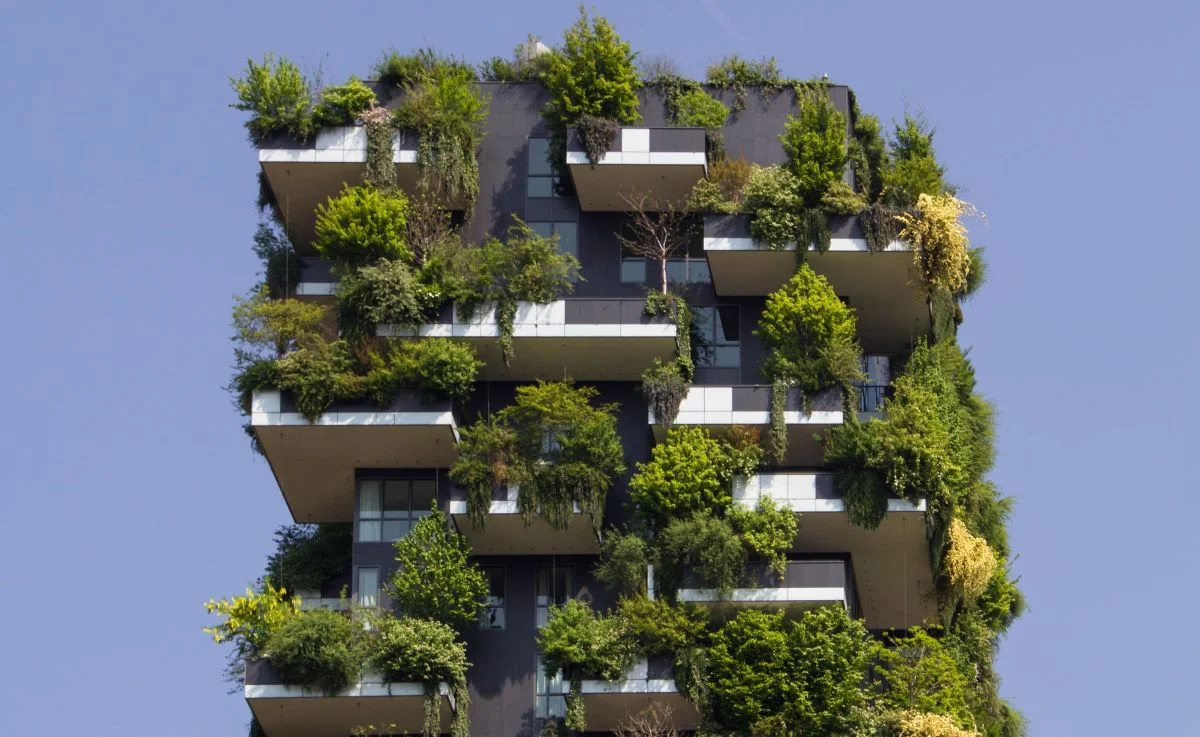The industry of real estate Philippines is experiencing a profound shift as sustainability takes center stage in the latest market trends. Today’s homebuyers and developers are recognizing the importance of incorporating eco-friendly practices into their projects. Among these practices, urban gardening has emerged as a captivating highlight, adding a green touch to modern living spaces. As someone who is into the real estate industry or who is planning to be part of this lucrative business, you can explore how urban gardening is becoming a prominent feature in this evolving landscape.
In an era marked by rapid urbanization and environmental concerns, urban gardening has emerged as a powerful tool for transforming concrete jungles into thriving green oases. Urban gardening involves cultivating plants, flowers, and even vegetables in the heart of cities, utilizing every available inch of space, from rooftops to balconies. Beyond its aesthetic appeal, urban gardening offers a plethora of benefits that contribute to healthier communities, sustainable living, and a reconnection with nature.
Here are the various advantages of urban gardening and its potential to reshape the way we view and interact with our urban landscapes:
Improved Air Quality
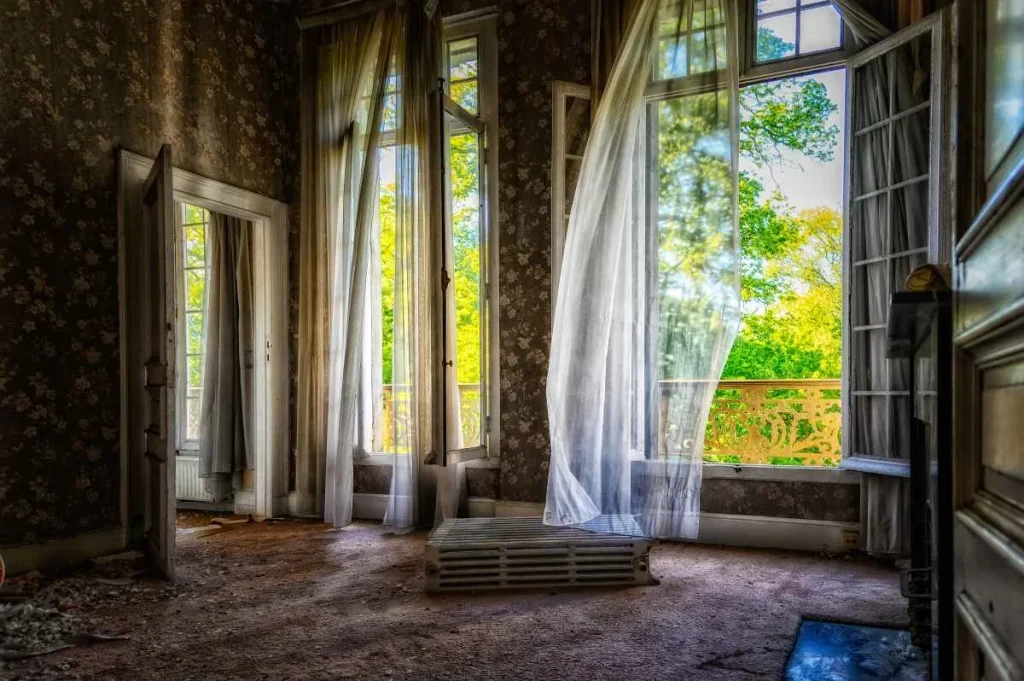
Urban areas are often plagued by poor air quality due to high levels of pollution from vehicles, industries, and other sources. Urban gardening introduces a breath of fresh air, quite literally. Plants are natural air purifiers, absorbing carbon dioxide and releasing oxygen through the process of photosynthesis. By incorporating green spaces into urban environments, we can mitigate the harmful effects of pollution and create pockets of clean, fresh air for residents to enjoy.
Enhanced Biodiversity
Urban gardening fosters biodiversity by providing habitats for various plant and insect species. Creating mini-ecosystems in urban spaces encourages the proliferation of pollinators like bees and butterflies, which are essential for maintaining the health of local flora and food production. In turn, a more diverse urban ecosystem contributes to a balanced environment and the preservation of native species.
Food Security and Local Produce
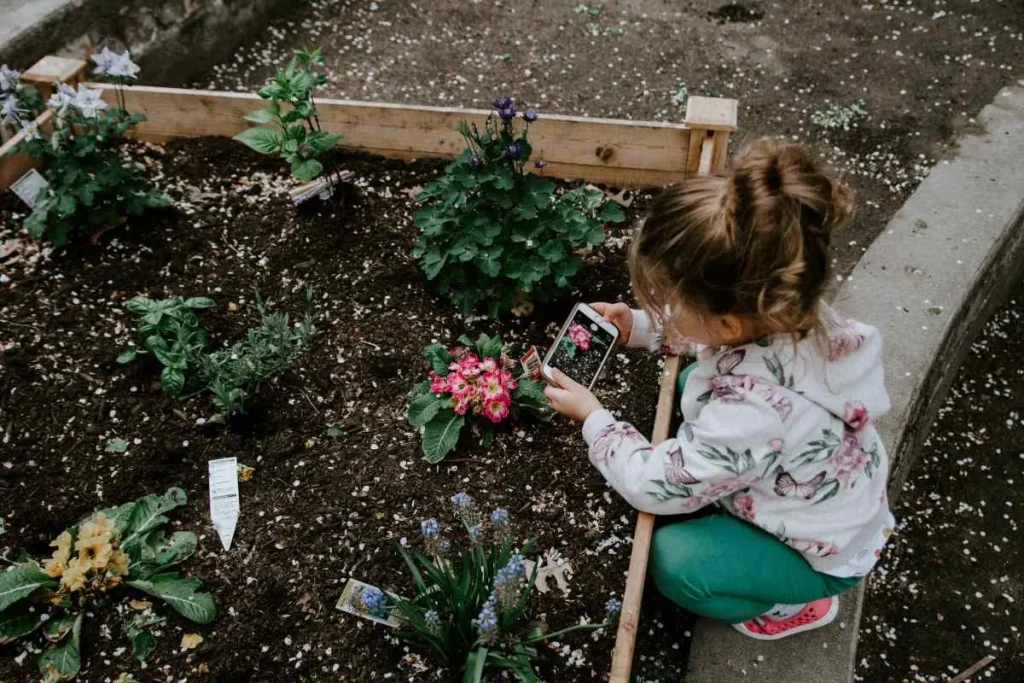
One of the most tangible benefits of urban gardening is the potential to grow fresh produce in the heart of the city. As concerns about food security and the environmental impact of large-scale agriculture continue to grow, urban gardening offers an alternative. By cultivating vegetables and fruits locally, communities can reduce their reliance on distant farms, lower transportation emissions, and ensure a steady supply of nutritious food.
Stress Reduction and Well-being
Green spaces have been linked to improved mental health and reduced stress levels. In urban environments where people are often exposed to noise, pollution, and a fast-paced lifestyle, having access to gardens and greenery can serve as a respite. Urban gardening provides opportunities for residents to connect with nature, engage in a therapeutic hobby, and find solace amid the hustle and bustle.
Community Building
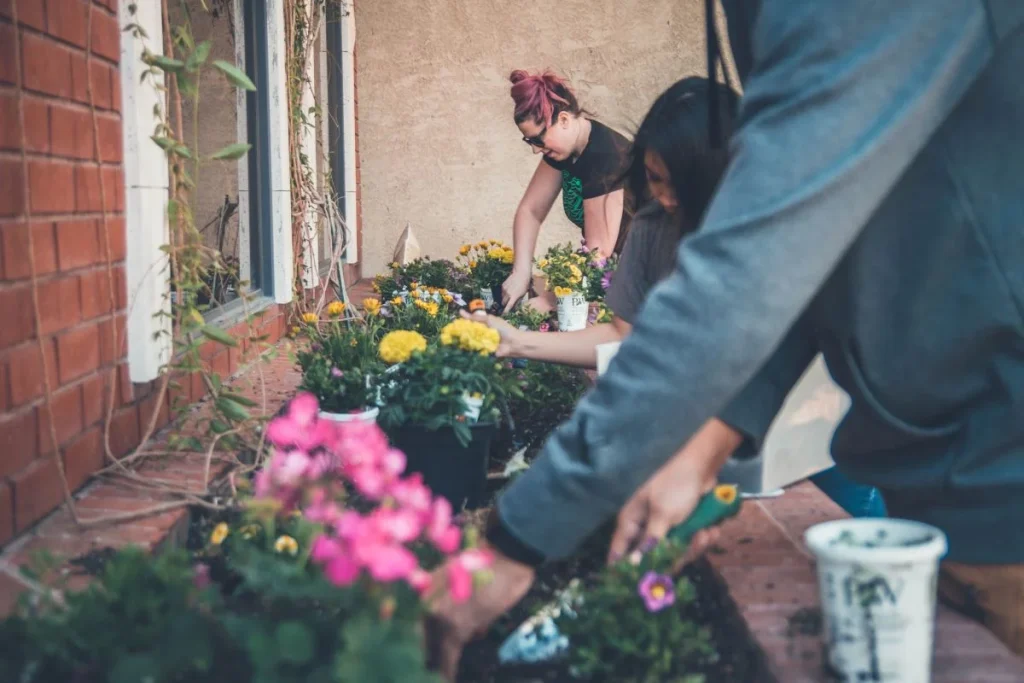
Urban gardens have a remarkable ability to bring people together. Community gardening projects encourage collaboration and a sense of ownership over shared spaces. Neighbors can bond over the care and maintenance of their garden, exchange gardening tips, and create a tight-knit support network. These spaces foster a sense of belonging and pride, ultimately contributing to the social fabric of the community.
Climate Change Mitigation

As cities grapple with the effects of climate change, urban gardening plays a role in mitigating its impacts. Vegetation absorbs heat and helps cool urban areas through a process known as evapotranspiration. Green roofs and vertical gardens also reduce energy consumption by providing natural insulation, thus lessening the demand for air conditioning and heating. Collectively, these efforts contribute to the reduction of the urban heat island effect.
Urban gardening transcends mere aesthetics; it’s a movement that holds the potential to revolutionize urban living. By transforming vacant lots, rooftops, and neglected spaces into flourishing gardens, we can reap improved air quality, increased biodiversity, enhanced food security, and stronger community bonds. As cities continue to evolve, the integration of urban gardening should be seen as an investment in the well-being of residents and the sustainability of our urban landscapes. It’s time to turn our concrete jungles into vibrant, green havens in real estate properties through the power of urban gardening.
Sustainable Real Estate: A Growing Trend
Sustainable real estate, also known as green real estate or eco-friendly development, is a trend that reflects a holistic approach to building and living. It focuses on reducing environmental impact, conserving resources, and promoting the well-being of occupants. This trend in the real estate Philippines extends beyond energy-efficient appliances; it encompasses design, construction, and the overall environmental footprint of properties.
Key Elements of Sustainable Real Estate Development
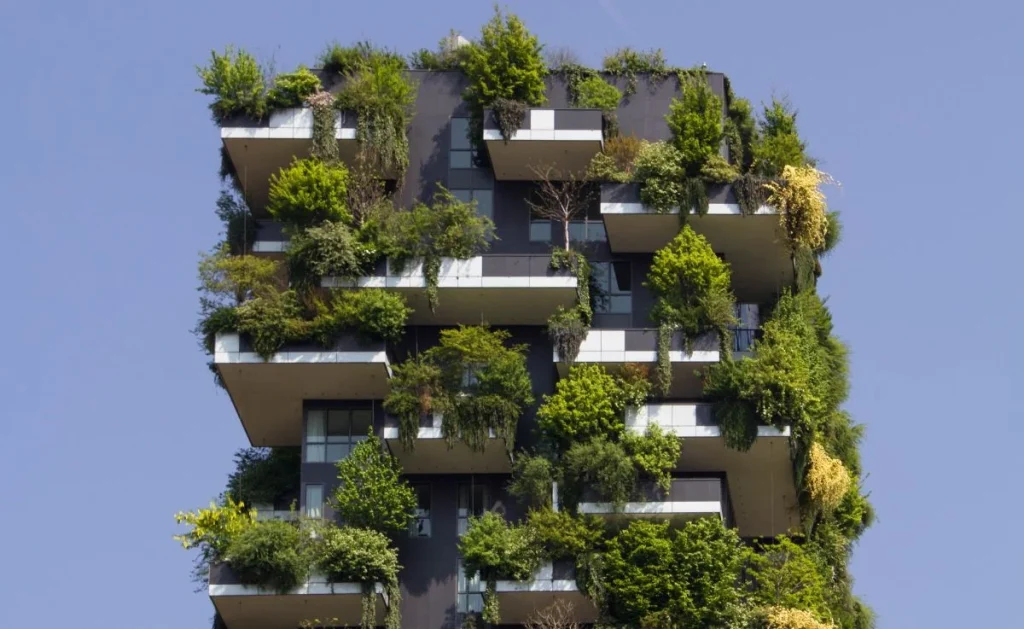
Energy Efficiency
Incorporating renewable energy sources, energy-efficient lighting, and insulation to reduce energy consumption and utility costs.
Green Building Materials
Utilizing materials with low environmental impact, such as recycled or locally sourced materials, to reduce the carbon footprint of construction.
Water Conservation
Implementing water-saving fixtures, efficient irrigation systems, and wastewater recycling to minimize water waste.
Smart Technology
Integrating smart home systems that optimize energy use, lighting, and security through automation.
Healthy Indoor Environment
Ensuring proper ventilation, indoor air quality, and non-toxic building materials to enhance the well-being of occupants.
Urban Gardening: A Highlight of Real Estate Sustainability Trends
Urban gardening is at the heart of the sustainable real estate trend—a concept that transforms urban spaces into lush, green retreats. Urban gardening entails cultivating plants, herbs, and even vegetables within the confines of urban environments. Here’s how it’s becoming a standout feature in the latest real estate projects:
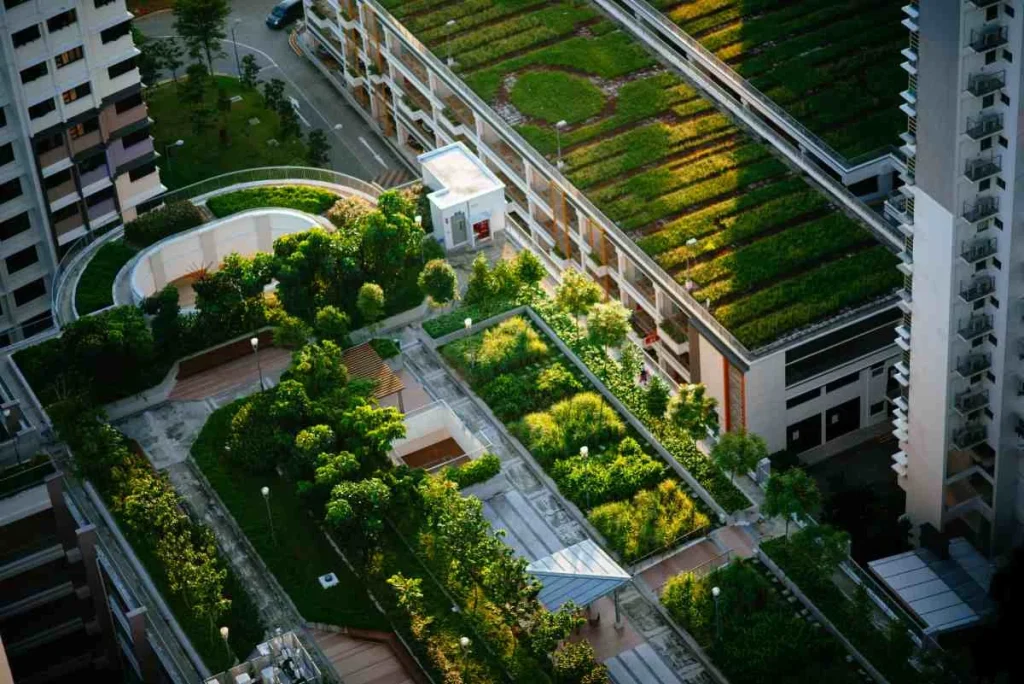
Rooftop Gardens
Developers are transforming rooftops into vibrant gardens, providing residents with private outdoor spaces and reducing the urban heat island effect. These gardens enhance aesthetics like what is sustainable real estate is while providing a tranquil escape from the city hustle.
Vertical Gardens
Utilizing vertical spaces, both indoors and outdoors, to create living walls that improve air quality, insulate buildings, and infuse greenery into urban landscapes.
Community Gardens
Integrated into residential complexes, community gardens encourage a sense of community and shared responsibility. Residents can cultivate their produce, fostering a deeper connection to nature and their neighbors.
Edible Landscaping
Incorporating edible plants into landscaping, enabling residents to harvest their own produce and promoting sustainable, locally sourced food consumption.
Biophilic Design
Incorporating natural elements like plants, water features, and natural light to enhance well-being and productivity while connecting inhabitants with nature.
Benefits of Urban Gardening in Sustainable Real Estate
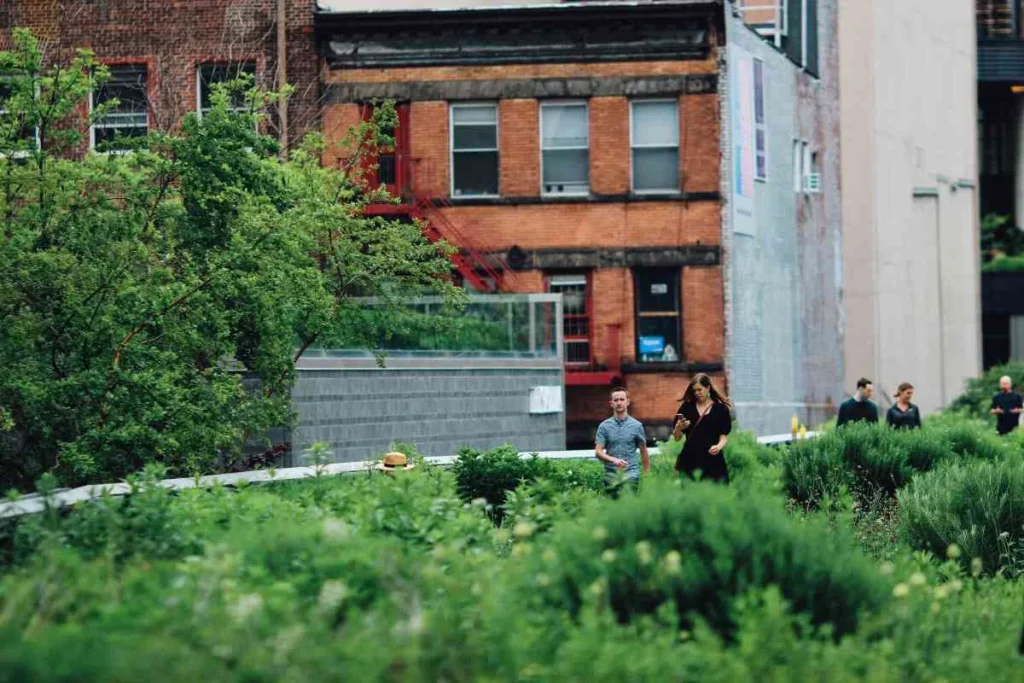
Environmental Impact
Urban gardening contributes to carbon sequestration, reduces urban heat, and enhances local biodiversity.
Well-Being
Green spaces improve mental health, reduce stress, and create a more appealing living environment.
Food Security
Homegrown produce reduces dependency on distant farms and fosters a connection to the food source.
Community Engagement
Community gardens promote interaction among residents, fostering a sense of belonging and shared responsibility.
Sustainable real estate, with urban gardening as a prominent feature, is redefining modern living by aligning it with nature. As the trend gains momentum, developers, homebuyers, and communities are realizing the manifold benefits of creating eco-friendly, green-centric spaces. Through the integration of sustainable practices and the nurturing of urban gardens, the real estate industry is not only addressing environmental concerns but also enhancing the quality of life for residents and shaping a greener, more harmonious future.
Related Blog: Private Piloting: Enjoy the Freedom of Flying in Retirement


